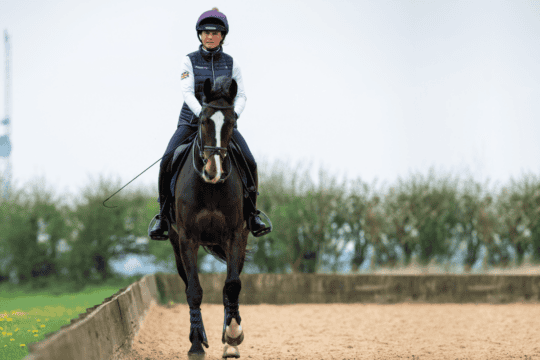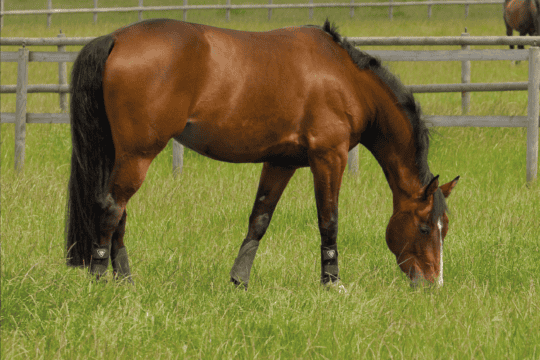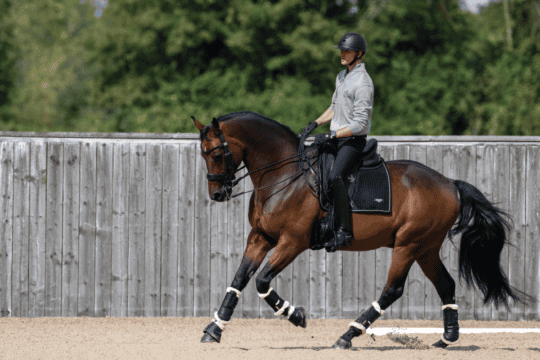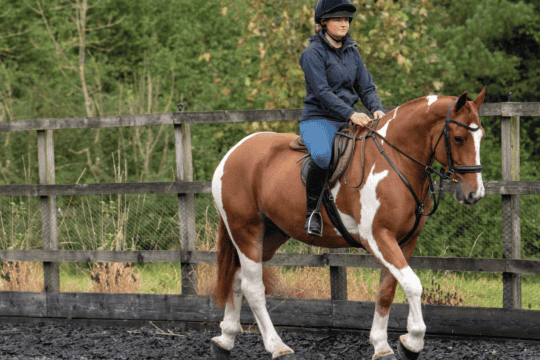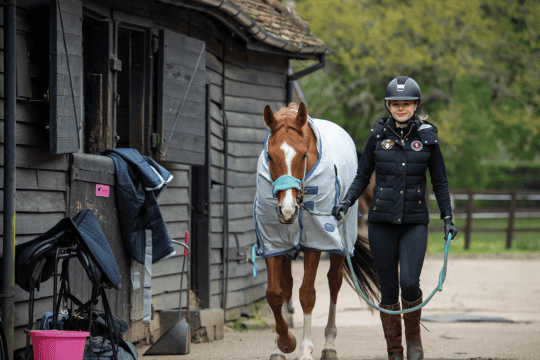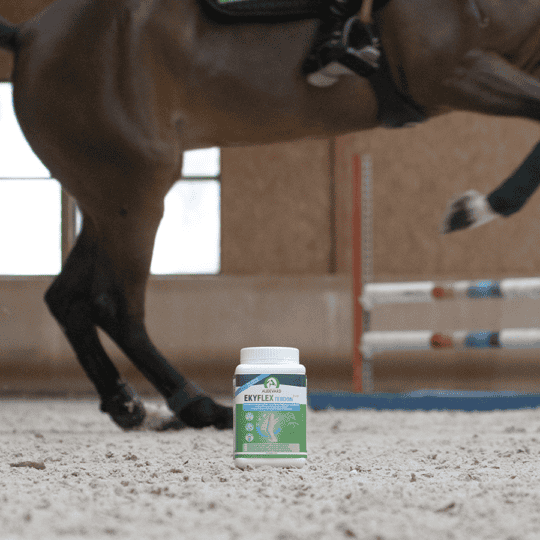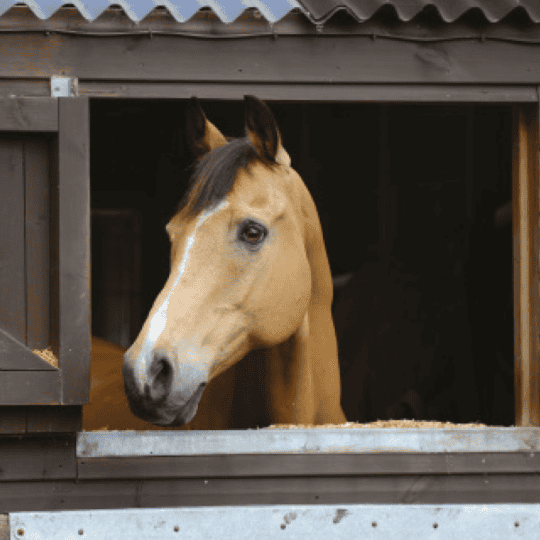Management 101: golden oldies
Posted 16th January 2024
In part 4, Nutritionist Donna Case demystifies the complexity of feeding older horses
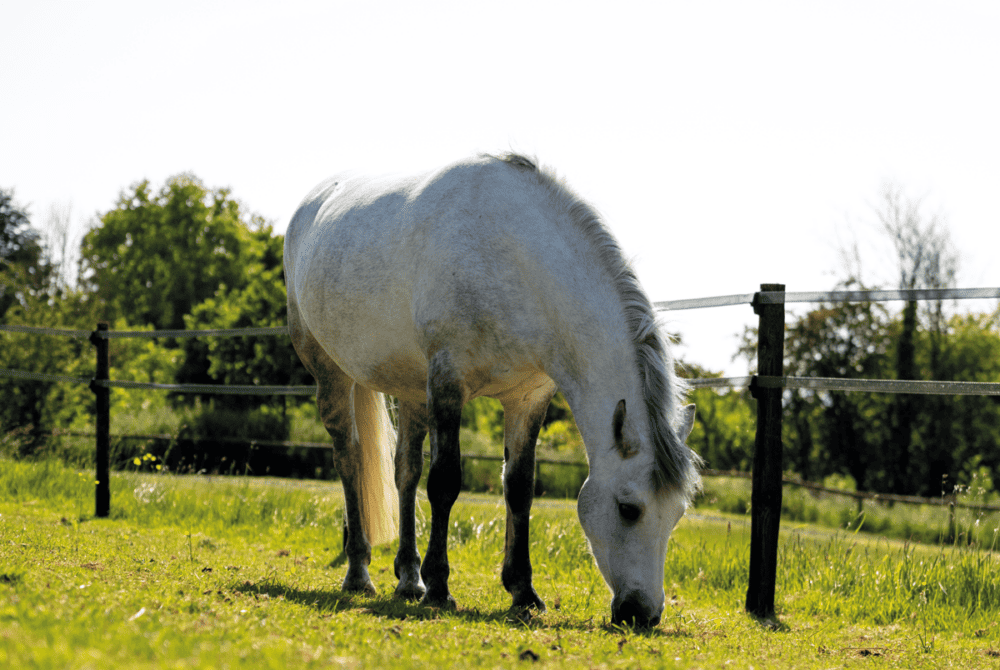
If you care for a veteran horse, winter is often the time that you consider whether your feed regime is optimal, probably because it’s the time most horses tend to lose a little weight, and this can be more concerning if your horse is getting on in years.
In the past, horses were considered to be veterans by the age of 16, but improvements in healthcare and management means horses are living much longer, often into their 30s. More horses are remaining active, too, some even competing at a high level in their late teens. The truth is that, just as in humans, the rate of aging in horses varies considerably between individuals.
Spot the changes
A simple checklist and an MOT examination from your vet can help you decide if it’s time to reassess your horse’s feed regime. Things to consider include…
- Is he able to chew his feed properly (both hard feed but, most importantly, forage)? Check he’s not quidding (losing semi-chewed food from the side of the mouth). If he is, you may need to consider a hay replacer.
- Is he maintaining weight? While many horses drop weight slightly during the colder months, if you notice a real difference or a sudden loss of condition, this needs to be addressed. Speak to your vet in the first instance. Conversely, ensure he’s not becoming overweight, as this can lead to its own set of problems.
- Is he moving freely and coping well with the work he’s doing? Or is he stiffer and finding it harder to keep up with what you are asking of him? Perhaps he now takes longer to warm up. Monitor what normal is for him.
- Are his droppings well formed and of usual colour and consistency? It’s a simple thing to look for, but keep an eye out for any changes, as this could indicate a change in his digestive health.
Digestive problems
Over the course of your horse’s lifetime damage caused by parasites can start to affect him and this can hinder the digestive tract, reducing its ability to digest food. In addition, worn or lost teeth can affect the ability to chew and eat. Both these scenarios are manageable with expert help and dietary and management changes, so don’t ignore the signs.
Find out more top tips for feeding your older horse in March Horse&Rider – grab your copy today!


